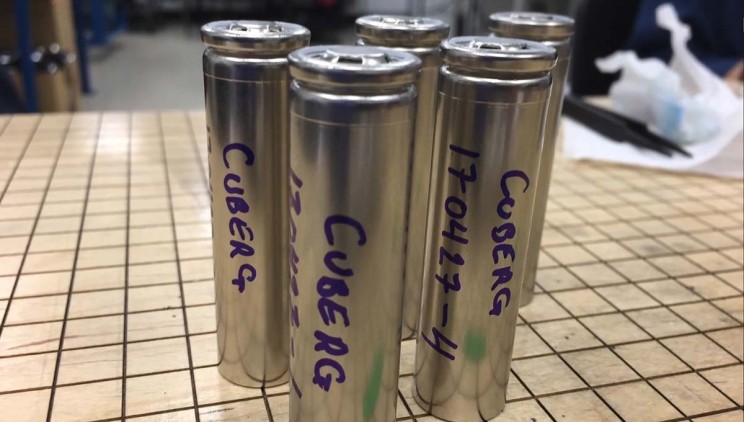A major upgrade will soon be underway for one of the most significant materials that are used in the existing electric vehicles. A team of researchers at Stanford University SLAC National Accelerator Laboratory has created a coating that could bring the idea of a rechargeable lithium metal battery into the realms of reality.

Why is lithium metal battery such a big thing? Only because it has the potential of surpassing the known lithium-ion battery in all aspects. If a battery made use of lightweight lithium instead of relying on the much heavier graphite, it could be able to store a third more power per pound as opposed to the lithium-ion battery and would remain lighter.
Lithium metal batteries also have a wide range of applications ranging from electric cars to smartphones. However, that is stringent upon once condition; they need to stop exploding into great balls of fire during lab testing. Stanford Ph.D. student David Mackanic – the coauthor of the study – said, ‘The capacity of conventional lithium-ion batteries has been developed almost as far as it can go. So, it’s crucial to develop new kinds of batteries to fulfill the aggressive energy density requirements of modern electronic devices.’

The Stanford/SLAC team has made progress in this regard by limiting dendrites. Basically, in a car battery, there are small needle-like structures that pierce the separator used for isolating the battery’s cathode and anode. The separator is placed between the positive and negative side. However, upon forming, these dendrites can be a real problem for lithium metal batteries. To put it simply, they can short circuit within a flammable liquid of the battery.
As per the team, limiting dendrites is a huge leap forward. Zhenan Bao, professor of chemical engineering and also the senior author of the paper along with Yi Cui – professor of materials science and engineering and photon science at SLAC – said, ‘We’re addressing the holy grail of lithium metal batteries.’ The team conducted testing of coating on the lithium metal battery’s anode where the dendrites generally form.

The press statement says, ‘After 160 cycles, their lithium metal cells still delivered 85 percent of the power that they did in their first cycle. Regular lithium metal cells deliver about 30 percent after that many cycles, rendering them nearly useless even if they don’t explode.’ The coating can cease the dendrite formation by stopping any undesired chemical reactions from taking place and minimizing chemical buildup on the anode.
The study’s other co-author, Stanford Ph.D. student Zhiao Yu, said, ‘Our new coating design makes lithium-metal batteries stable and promising for further development.’ We have our fingers crossed as we watch the future of lithium metal battery take shape!


